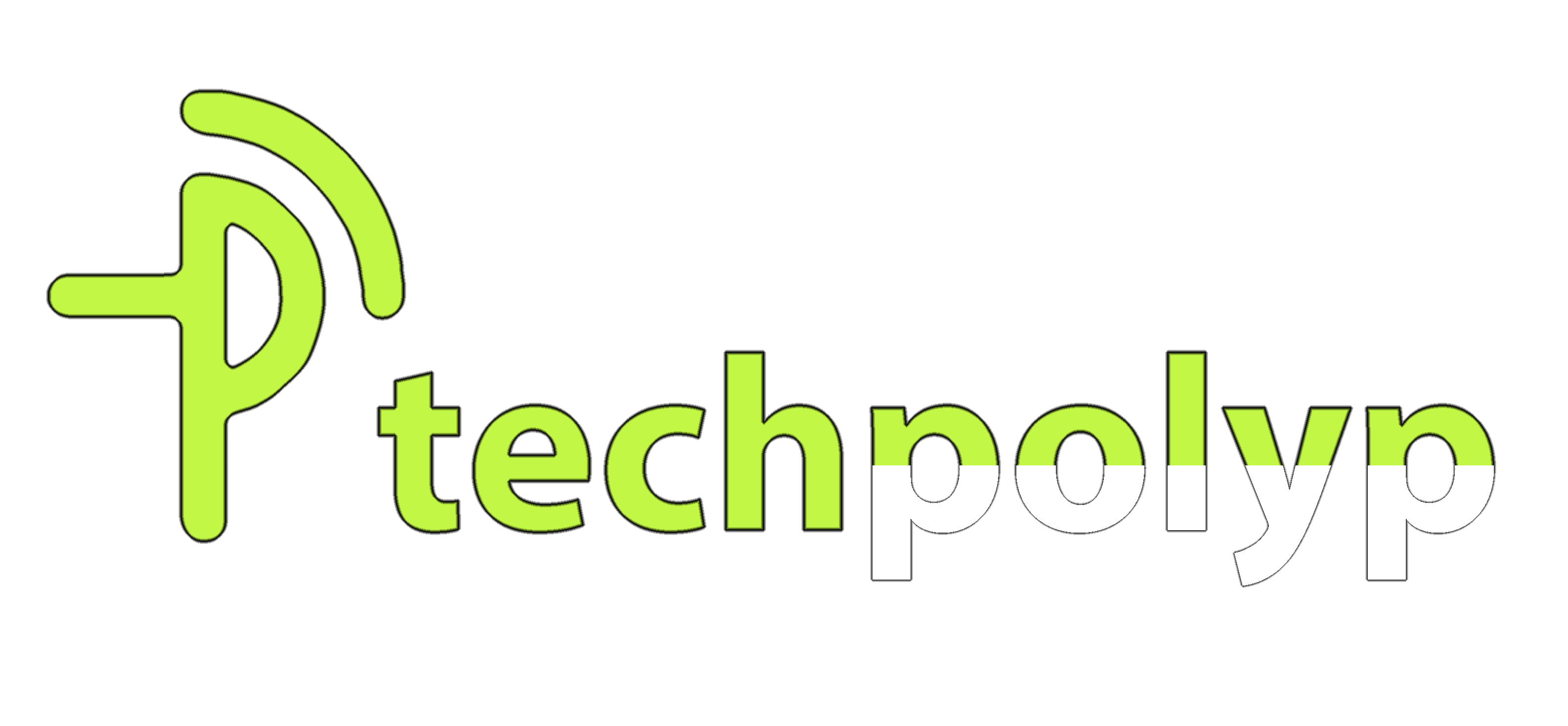When you purchase through links on our site, we may earn an affiliate commission. This doesn’t affect our editorial independence.
A German court has ruled that Google abused its dominant position in price comparisons. According to the court, the company must pay a total of €572 million ($665.6 million) to two rivals. Consequently, price comparison platform Idealo is to receive about €465 million ($540 million) in damages from the Google price comparison fine. Similarly, Producto, another comparison service, is awarded €107 million ($124 million), according to Reuters.
TechPolyp observes that Idealo had initially sought €3.3 billion, citing the 2024 European Court of Justice ruling. That ruling found Google self-preferenced its own shopping service, violating competition rules. TechPolyp also notes that Google was previously fined about $2.9 billion for the same antitrust behaviour.
Idealo said it intends to continue pursuing the full damages initially sought. According to NobiAlbrecht von Sonntag, Idealo’s CEO, market abuse should carry lasting consequences.
Similarly, he added that self-favouring cannot be treated as a profitable business strategy. He also noted that“This decision sets a precedent, but we will continue fighting for full accountability.”
Google Price Comparison Fine: Google Responds and Appeals
In reaction to the Google price comparison fine’s judgment, Google announced it plans to appeal both rulings in German courts. According to a company spokesperson, the 2017 changes have functioned successfully with no EU intervention. Additionally, the number of European price comparison sites using Google’s remedy Shopping Unit grew from seven to 1,550.
Google also added that rival platforms have equal opportunities to display ads through Google Shopping auctions. The company further insists that Google Shopping operates independently and participates in ad auctions on a fair basis, like other businesses.
It is noteworthy that the ruling follows a separate EU investigation into Google’s spam policy and its impact on search rankings. Recently, Google was fined €2.95 billion ($3.5 billion) for allegedly favouring its advertising services. This development highlights ongoing scrutiny of the company’s dominance across digital markets and its practices.
Moving forward, regulators and competitors stress that antitrust enforcement must prevent dominant firms from gaining unfair advantages. Similarly, legal experts predict that the appeal could take months and potentially influence European tech regulations. Meanwhile, European startups and comparison platforms continue monitoring how courts will enforce fair competition rules.
This case reveals the increasing regulatory pressure on tech giants across Europe and beyond. Moreover, it signals that courts are willing to impose substantial financial penalties to maintain market fairness. For Google, the fines represent both a financial burden and a reputational challenge in the EU market. However, the company’s response and ongoing legal efforts will be closely watched by regulators worldwide.









